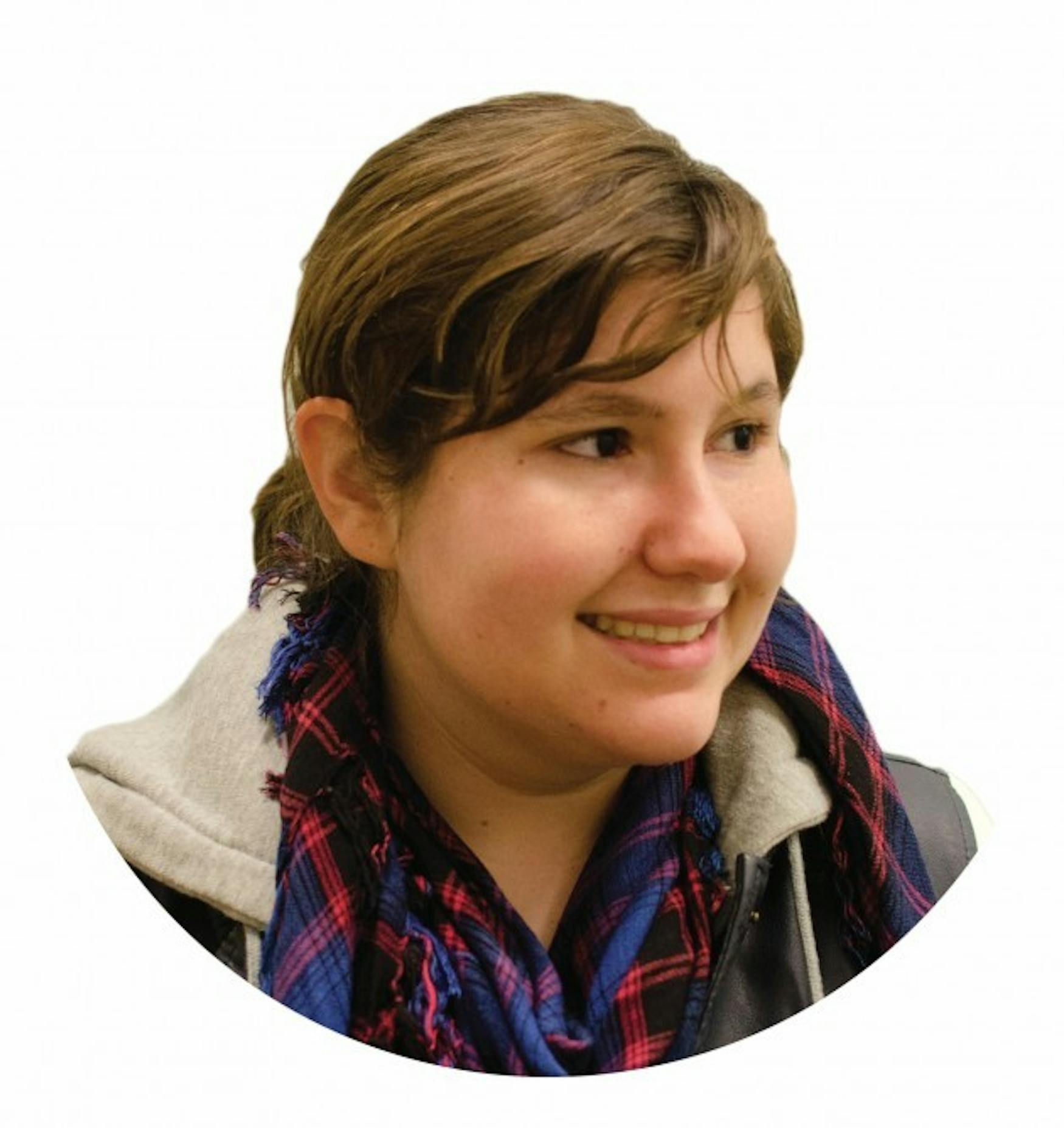Health services on campus need reform
Cynical Idealist
There is no question that the health services on campus need to be reformed. I've personally experienced confusion about hours, how to set up an appointment or how I was supposed to pay for services at the various centers on campus. It's a very positive first step that the University has taken the initiative to investigate the flaws in health services and suggest solutions.
However, despite the promised improvements, I remain wary about the mental health and psychological counseling resources.
Perhaps my view on the mental health services is biased, as I have not had great experiences with the Psychological Counseling Center. During first year orientation, I went to the PCC to make an appointment with a therapist. The receptionist was friendly but was unable to answer basic questions, like how insurance would cover sessions or when was the earliest a therapist could meet with me on a regular basis. Although I did eventually meet with a counselor, I ultimately decided to see a therapist in Newton, Mass., even though it requires taking a cab both ways and having to squeeze visits in between classes. It simply was less stressful to go to Newton than to use services on campus.
My experience at the PCC may have been a one-time lapse on behalf of the center, but according to the report on health services released by the University last week, other students, both graduate and undergraduate, have struggled to get the mental health services they need for a variety of reasons, ranging from waiting times to lack of clarity about payments.
According to the National Institute of Mental Health, more than one in four Americans over the age of 18 has some sort of mental disorder, and of those affected, nearly 45 percent have multiple disorders. Mental disorders are just as common as other disorders like asthma, but they are often misunderstood or ignored. There still remains a stigma around mental disorders, be it dyslexia, anxiety and depression issues or more serious illnesses like schizophrenia or post-traumatic stress disorder. The NIMH also states that on average, many mental disorders, like anxiety, depression and panic disorders, first start to show symptoms when an individual is in their late teens or early 20's. Because of this fact, it is even more important that colleges and universities like Brandeis make sure students have adequate resources.
Hopefully, in the wake of this revealing University report, mental health services will be more accessible and students will have all the information they need without confusion or having to go to multiple sources. From experience, it is incredibly stressful to be a new student, away from home for the first time, and not be able to figure out how to see a counselor.
But the problems with the PCC go beyond organizational challenges. While there are currently a number of people who work at the PCC, including 20 psychologists and social workers, three psychiatrists and six unpaid interns, a majority of these positions are part time, according to the University's report. The PCC is open between 9 AM and 6 PM according to the website and runs an answering service for non-emergency cases, but there is no sort of round-the-clock therapist for students. Life-threatening emergencies are referred to the Brandeis Police, according to the website.
Here's the thing. If you need counseling or have a mental disorder, you don't always operate on a schedule. You can't decide to wait until the next day, when a therapist is in the office, to have suicidal thoughts or a panic attack. If someone is not in a good mental state, they need help, and fast. An answering service is great if you need to set up an appointment, but a pre-recorded message can't help you if you need psychological help at that moment for whatever reason. Parents, friends and community advisors are always resources, but there are situations where they simply aren't enough and a student would need something more. Although it would be more expensive, some sort of round the clock resource, either professional or student-run, would be preferable.
While Students Talking About Relationships and the Brandeis Counseling and Rape Hotline, both of which are student-run, both exist as resources for students, they aren't available 24/7 and aren't staffed by professionals. If someone needs serious help, it isn't that helpful if the number they call is an answering machine. While having peer resources are important, sometimes a person in the midst of an episode needs professional help or might not feel comfortable talking to a fellow student.
Perhaps the PCC can keep their answering service, but also have a way of directing students to practices or hospitals that do have therapists on call at all hours. Or they could partner more closely with groups like STAR and he counseling hotline so that they always have a trained, adult professional on hand.
I'm sure I sound pessimistic about the state of mental health services at Brandeis, and partially, it is because I've been frustrated in the past. However, I am hopeful that things can and will change, and the PCC will be a more accessible resource for students in the future.




Please note All comments are eligible for publication in The Justice.